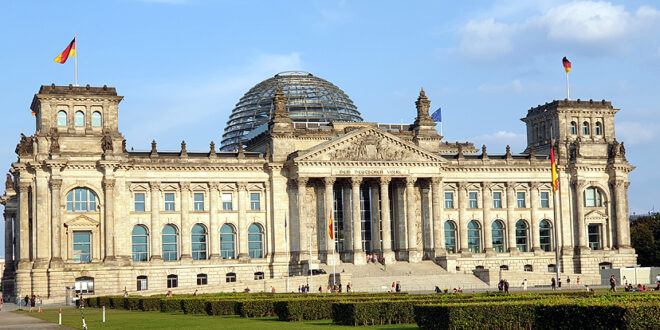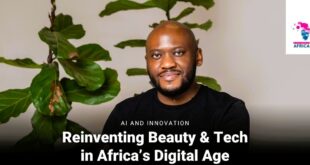Germany is gearing up for snap federal elections on 23 February 2025 after the collapse of Chancellor Olaf Scholz’s three-party coalition of the SPD, Greens and FDP. The breakup followed the sack of ex-Finance Minister Christian Lindner of the FDP in early November, after months of internal disputes, primarily over the 2025 budget, which culminated in the FDP withdrawal from the “traffic light” coalition.
This left the government without a parliamentary majority, triggering calls for an expedited electoral process to restore stability to the country.
Key Steps and Dates
The process leading to early federal elections begins on 16 December with Chancellor Scholz calling a vote of confidence in the Bundestag, which he’s expected to lose.
In line with Germany’s Basic Law, President Frank-Walter Steinmeier will subsequently dissolve the Bundestag and schedule the election within the constitutionally mandated 60-day time frame.
The parties have already agreed that early elections should take place on 23 February 2025, marking a rare departure from the typical four-year electoral cycle.
Campaigning is already underway, with major parties vying to shape the narrative amid Germany’s economic and geopolitical challenges.
The period leading to the elections will include intensified campaigning, policy debates and negotiations as parties position themselves for a potential coalition government.
Key Contenders for Chancellor
1. Friedrich Merz (CDU/CSU): The conservative leader is currently the frontrunner, as his party leads in opinion polls.
2. Olaf Scholz (SPD): Despite setbacks, Scholz aims to defend his record on economic resilience and geopolitical stability.
3. Alice Weidel (AfD): The far-right leader has capitalized on public discontent, though coalition barriers limit her chances of forming a government.
4. Robert Habeck (Greens): Running on environmental reform and economic modernization, Habeck hopes to regain momentum for his party.
According to recent surveys, the CDU/CSU holds a commanding lead with 32-34% of the vote, reflecting public dissatisfaction with the current government. The far-right AfD is polling at 18-19%, while the SPD trails at 14-16%. The Greens stand at 11-13% and the FDP hovers at 5%, just above the threshold for parliamentary representation.
These figures suggest that the CDU/CSU is well-positioned to lead the next government. However, coalition negotiations will be crucial. Possible alliances include a CDU/CSU-Greens coalition or CDU/CSU-SPD partnership.
Challenges Ahead
Germany’s next government will face significant challenges, including economic recovery, energy policy reforms and addressing geopolitical tensions, particularly in Eastern Europe.
The early election is expected to intensify debates on these critical issues, shaping the country’s direction for years to come.
Femi Awoniyi
 THE AFRICAN COURIER. Reporting Africa and its Diaspora! The African Courier is an international magazine published in Germany to report on Africa and the Diaspora African experience. The first issue of the bimonthly magazine appeared on the newsstands on 15 February 1998. The African Courier is a communication forum for European-African political, economic and cultural exchanges, and a voice for Africa in Europe.
THE AFRICAN COURIER. Reporting Africa and its Diaspora! The African Courier is an international magazine published in Germany to report on Africa and the Diaspora African experience. The first issue of the bimonthly magazine appeared on the newsstands on 15 February 1998. The African Courier is a communication forum for European-African political, economic and cultural exchanges, and a voice for Africa in Europe.


































